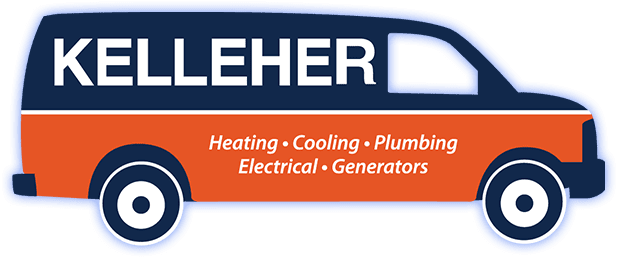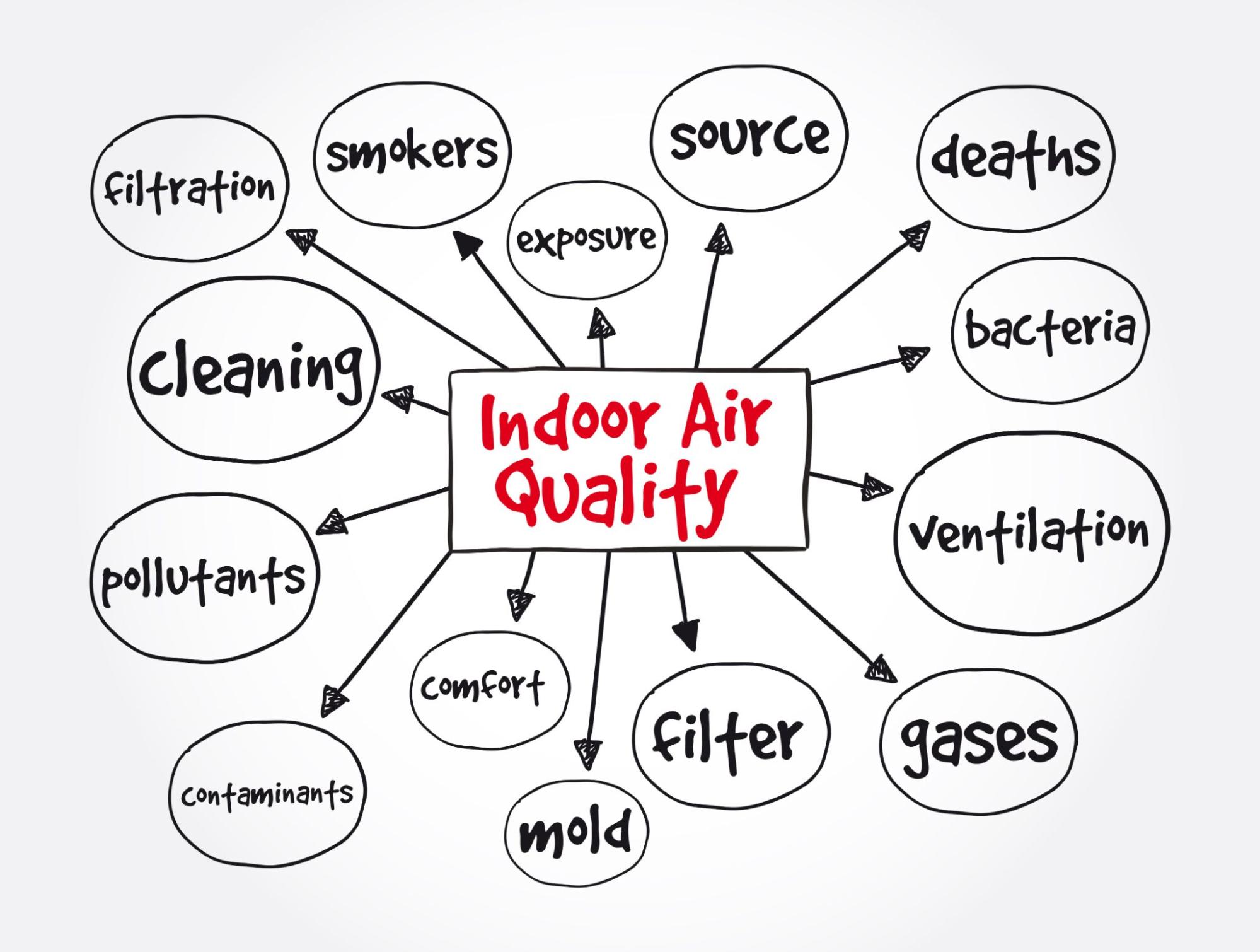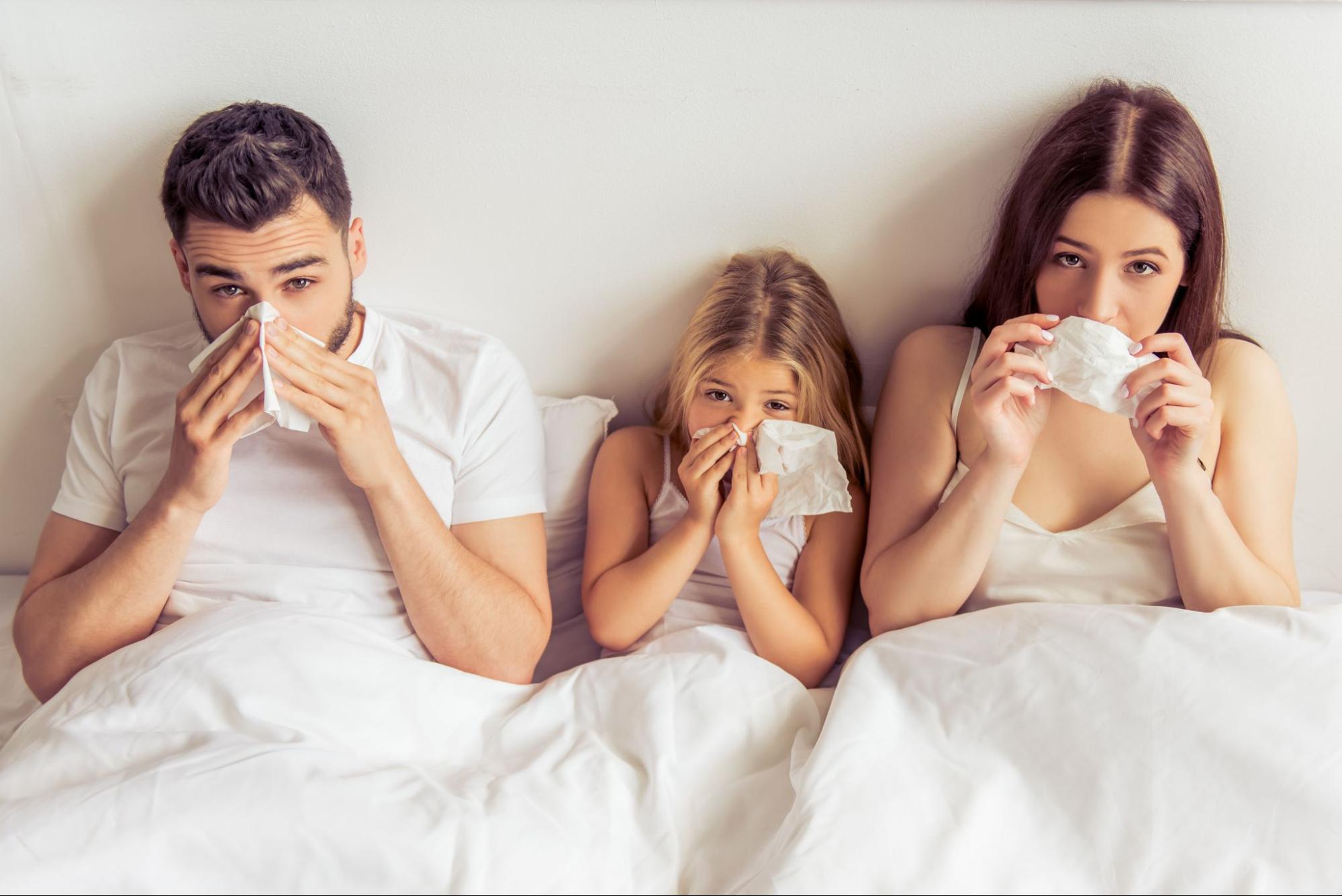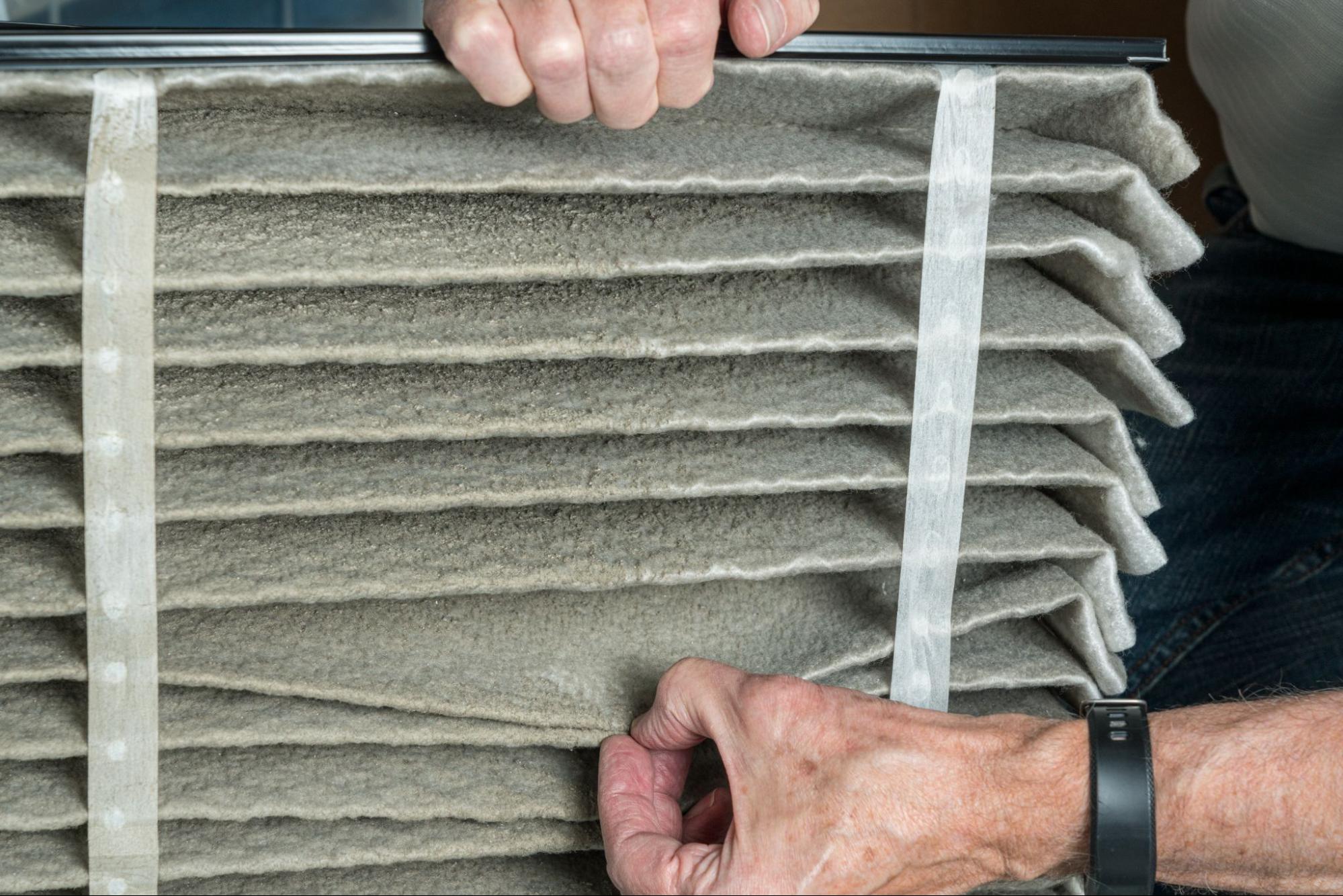
For over four decades, KELLEHER is building a reputation in the Richmond area for installing and maintaining high-quality home comfort systems. Let our family help your family with your home comfort needs.
The Impact of Poor Indoor Air Quality on Health and Comfort
June 9, 2023When you head indoors to seek an escape from the outside elements, you should be able to rely on healthy and comfortable indoor air. Many people don’t realize the impact that poor indoor air quality can have on their health, and there are a number of factors that can affect the air inside of your home. There are a number of steps that you can take to improve your indoor air quality, so that everyone in your family reaps the benefits of a clean and comfortable environment.

The Different Types of Pollutants Found Inside a Home
There are a number of different particulate and indoor air contaminants that can be found inside the four walls of your home. Things like pet dander, pollen, smoke, mold spores, lead, asbestos, carbon monoxide and volatile organic compounds (like formaldehyde) are common culprits. In regard to VOCs, there is a certain degree of off-gassing that comes from newer building materials inside your home. Carpet, countertops, paint and furniture can all release harmful chemicals for years after they’ve come into the home. When you breathe them in for long periods of time, there is the potential to experience unpleasant symptoms. You’re even raising your risk of developing cancer.
The health effects that you experience as a result of poor indoor air quality in your home can vary, based on what you’re exposed to and for how long. Allergens like dander, smoke and pollen can cause an increase in symptoms like a runny nose, sneezing, coughing, itchy eyes and an increase in asthma attacks. Carbon monoxide exposure can be deadly in sustained concentrations above the threshold of 150 to 200 ppm. Symptoms include disorientation, unconsciousness and even death.
When you expose yourself to poor air quality indoors for long periods of time, you can experience more severe symptoms such as dizziness, fatigue, confusion and changes in your mood. There are health issues like cardiovascular disease and respiratory disease, which can develop over time when poor indoor air quality is an issue.

The Effects on Your HVAC System
Not only do you want to prevent particulates and indoor pollution from coming into contact with your body, but it’s also important that you’re protecting your HVAC system. Particulates can require you to change your filters more often in an attempt to keep up with clean air. They can also cling to your ductwork and the interior components of your HVAC system. This can lead to your furnace working harder than normal, which may result in more repairs and a full system replacement sooner than expected. The last thing you want to do is diminish the efficiency and reliability of your HVAC system.

How Can You Improve Your Indoor Air Quality?
There are some simple steps that you can take to improve the quality of your indoor air. There are also some more involved steps that can be taken with the help of an HVAC professional.
– Change Your Filters More Often
The filter inside of your furnace should be changed every 30 to 90 days, depending on the type of filter that you’re using. If you’re concerned with VOCs in your air, there are special carbon filters that can be used to absorb those chemicals and odors. Frequent filter changes will also reduce the number of irritating particulates that are floating around in your indoor air.
– Use a Home Purification System
As part of the process of your heating and cooling equipment conditioning the air in your home, that air can also pass through a purification system that will eliminate particulates as well as kill any bacteria or viruses that are present. These units are typically very easy to maintain but make a big difference in your indoor air quality.
– Keep Humidity Under Control
The humidity levels inside of your home should be kept between 30 and 50 percent. If that number rises too high, this can increase the particulates that are in the air that you’re breathing, and moist air can hang on to those irritants. Levels that are too low can result in your nasal passages becoming irritated and dry, making you more susceptible to unpleasant allergy symptoms. Dry air also feels colder, so you’ll want to run your furnace more often in the winter to keep up with comfortable indoor air, raising your heating bill.

Reach out to Kelleher if you would like to learn more about the ways that you can improve your indoor air quality and minimize your exposure to indoor air pollution. We have been serving the Richmond community for over four decades now, building a reputation for installing and maintaining high-quality home comfort systems. Let our family help your family with your home comfort needs.













